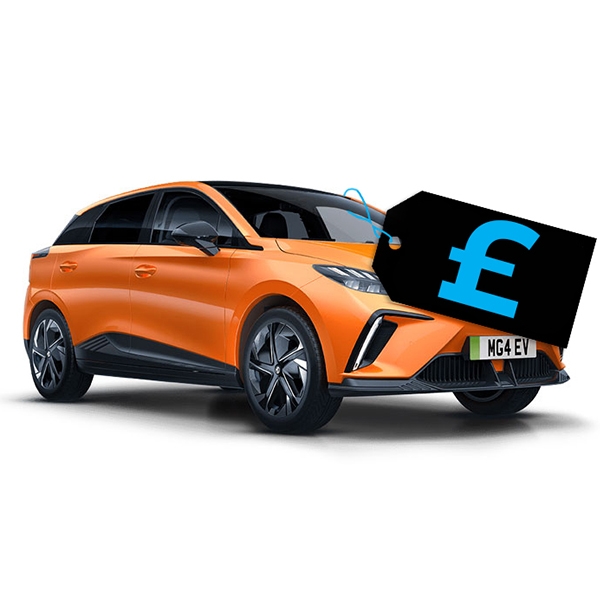
Understanding Rising Vehicle Costs

(Posted on 09/02/24)
You may have noticed that when considering purchasing a car, whether it is brand new or used, prices have risen dramatically compared to previous years, particularly pre-Covid. But has the increase been excessive, and has the concept of value for money been compromised?
With the surge in new car prices, there are various factors at play, largely stemming from the effects of Covid-19. For instance, if you are contemplating buying a brand-new car outright, brace yourself for potential sticker shock, especially if you have your eye on an SUV. Take the Volvo XC-60, for example—you could be looking at nearly £50,000 for the basic model. New cars often come with hefty price tags even for the most basic specifications. Opting for a top-of-the-line model or a hybrid could set you back up £68,000 for the top-range XC-60 hybrid. Consequently, you are shelling out a significant sum, and if you desire the highest specifications, expect a high price tag.
We are all aware of the profound impact Covid-19 had on the automotive industry, with car production halting for a period and demand plummeting. However, as Covid restrictions eased, the demand for new vehicles surged rapidly, surpassing the industry's ability to meet it. This surge resulted in an escalation of new car prices, which, in turn, had a knock-on effect on used car prices. Thus, regardless of what you were in the market for, prices were bound to exceed expectations.
Another critical issue exacerbating the situation is the shortage of microchips, which are essential components in modern vehicles. Each car typically contains around 1000 chips. During the Covid-19 pandemic, the demand for these chips plummeted due to reduced car production, leading some chip manufacturers to shut down permanently. Meaning when the demand for them came they just could not meet it meaning manufacturers had to find alternatives. Although it does seem that in the past months malfeatures are manging to keep up with the demand of new cars.
While these factors are not all the factors behind the increase in car prices, they represent the main contributors to the current demand and pricing trends in the vehicle market. Presently, the market is not expected to witness a further price hike, but it is unlikely to return to pre-pandemic levels anytime soon.
But is the price you are paying for a new vehicle worth it? On average, a new car depreciates in value by 15% to 35% in the first year. Of course, this figure varies depending on the model and mileage, but it begs the question: is it worthwhile to invest in a vehicle that depreciates so rapidly?
An increasingly popular alternative to outright purchase is leasing. One of the main advantages of leasing is that you are not burdened with concerns about the vehicle's depreciation since you do not own it. This allows you to lease a brand-new car for a fraction of the cost of purchasing one, and you can determine the duration of your lease agreement upfront.
 Expert Advice
Expert Advice  Competitive Prices
Competitive Prices Road Tax & Roadside Assistance
Road Tax & Roadside Assistance Free National Delivery
Free National Delivery Full Manufacturer’s Warranty
Full Manufacturer’s Warranty





